Which of the four skills is most important?
Jono Ryan
I recently got to pondering which of the four skills is the most important in language teaching: speaking, listening, writing or reading?
Without too much thought, it’s fairly easy to come up with case studies of individuals or scenarios to support any one of the four: a translator who just needs to read the L2, a writer who just needs to write, a town crier who just needs to speak, and so on. As such, there will be no one right answer, but I have heard people make a passionate case for speaking (usually in the context of living in the target language community) and others make an equally passionate case for writing (usually in the context of tertiary study in the second language). There are also plenty of education systems that seem to prioritise reading over anything else, both in the way they teach and test. So, with some reservations, I'm going to try swimming against the tide. That is, I’m joining a far smaller team in making the case for listening.
When Nunan (2002, p. 238) described listening as “the Cinderella skill of second language learning”, he was suggesting that not only was it relatively neglected and undervalued, but that it was also doing much of the hard work. Nunan’s epithet evidently struck a chord: according to Google Scholar it has been directly quoted (or repeated without attribution) a pretty remarkable 118 times. Why? That listening is neglected and undervalued is undoubtedly true: among teachers it’s the skill that’s “arguably the least understood and most overlooked” (Nation & Newton, 2009, p. 37) and Siegel (2015) rightly argues that it has the most underdeveloped and most routinized teaching approach. In textbooks, listening typically follows a testing-rather-than-teaching approach: images to set the scene, vocabulary input, listen (twice) with pen-in-hand to answer the questions, and a wrap up. No wonder teachers prefer other skills.
There’s an equally strong case that listening does much of the heavy lifting. Even when not ostensibly focused on listening – such as during a writing class – listening is often the glue that holds the lesson together. Listening enables further learning. More generally, numerous studies over many decades have examined the proportion of the day that different populations spend on each of the four skills (Bodie, 2018). Even among students, who read and write much more than the average person, listening is the skill that they most frequently engage in. Some studies have arrived at a figure of over 50% being listening, compared to between 13%-17% for the other three skills (Barker et al., 1980). There is also the argument – though I remain a skeptical myself – that a comprehension-based approach to learning is often more effective than some options involving production classes (albeit with the audio-lingual method used for the comparison group) (Lightbown et al., 2002).
There is, then, at least a case to argue that for most people listening is the most important skill. It therefore seems remarkable that it tends to receive the least attention in the classroom and has the most underdeveloped and least creative pedagogical approaches. Knowing this, it should perhaps come as little surprise that many learners describe it as their weakest skill (Graham, 2006).
I have two questions:
1. Which skill do you think is the most important?
2. For the language teaching profession as a whole, how is it that we’ve arrived in this odd predicament where we neglect listening?
References
Barker, L., Edwards, R., Gaines, C., Gladney, K., & Holley, F. (1980). An investigation of proportional time spent in various communication activities by college students. Journal of Applied Communication Research, 8(2), 101-109. https://doi.org/10.1080/00909888009360275
Bodie, G. D. (2018). Time studies. In D. L. Worthington & G. D. Bodie (Eds.), The sourcebook of listening research: Methodology and measures (pp. 578-591). John Wiley & Sons.
Graham, S. (2006). Listening comprehension: The learners’ perspective. System, 34(2), 165-182. https://doi.org/https://doi.org/10.1016/j.system.2005.11.001
Lightbown, P., Halter, R., White, J., & Horst, M. (2002). Comprehension-based learning: The limits of ‘Do it yourself’. The Canadian Modern Language Review, 58(3), 427-464. https://doi.org/10.3138/cmlr.58.3.427
Nation, I. S. P., & Newton, J. (2009). Teaching ESL/EFL listening and speaking. Routledge.
Nunan, D. (2002). Listening in language learning. In J. C. Richards & W. A. Renandya (Eds.), Methodology in language teaching: An anthology of current practice (pp. 238-241). Cambridge University Press.
Siegel, J. (2015). Exploring listening strategy instruction through action research. Palgrave Macmillan.
